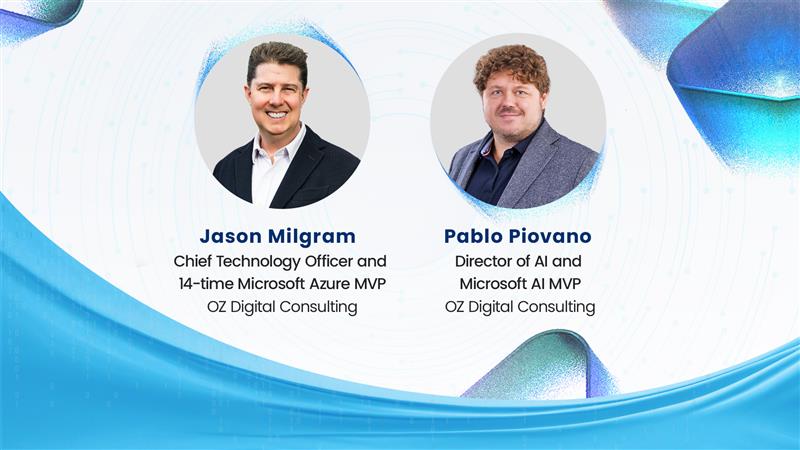I have been consumed by articles reacting to what is now coined the “new normal,” and thought it would be interesting to put timelines together: the coronavirus timeline and my clients’ and industry reaction timeline. Here it is:
“I have no way to contact NASA. And even if I could, it’s going to be four years until a manned mission can reach me. And I’m in a Hab designed to last 31 days. If the oxygenator breaks, I’m going to suffocate. If the water reclaimer breaks, I’ll die of thirst. If the Hab breaches, I’m just going to, kind of implode. And if by some miracle none of that happens, eventually I’m going to run out of food. So…yeah. Yeah. I’m not going to die here.” – Mark Watney, The Martian (2015).
Meanwhile, in the news….
- • 30% GDP drop: Morgan Stanley joins Goldman Sachs in upping estimates of coronavirus economic pain – source: fortune.com
- • Goldman sees 15% jobless rate and 34% GDP decline, followed by the fastest recovery in history – source: cnbc.com
So, I thought I would put together a future timeline that considers the thoughts of several CFOs, CEOs, CIOs, COOs, CDOs, and CMOs.
As I can tell, everyone is currently looking to a simple formula: do more with less.
| If you are: | You are probably here: |
|
CEO |
Your vision has not changed, only the way you work on it. More than ever, you see your company come out ahead of the competition. You have ideas that can make that happen, but you are also responsible for the “now,” so you had to take decisive measures, and your team followed you. |
|
CMO |
Your contribution to revenue, which was on a solid path, was completely disrupted. You are still confident in your marketing technology, innovation, and personalization investments, but now your budgets are slashed. Still, you are tasked with helping sales find new revenue. |
|
CDO |
During your tenure, data has gone from a back-of-the-house function to operating at the front and center of your business strategy. You had excellent talent working with you, but you had to make cuts. And since we are in a crisis, you are tasked with developing different data models to help business get back on its feet quickly. Data matters more than ever before and all eyes are on you. |
|
CFO |
You had to find ways to cut costs and balance the budget. You reacted quickly and firmly to the new reality: every initiative must be reviewed, questioned, and justified. No stone left unturned. The board and the leadership are looking at you for answers: How do we optimize business to reduce additional cost? What functions can we outsource or eliminate to align expenses with shrinking revenue? |
|
COO |
You have to find ways to operate efficiently while being asked to cut costs. You have to help balance the budget, but you have to keep all the lights on, working without glitches, more than ever. You reacted quickly and firmly to the new reality: “nice to haves” had to wait, team sizes had to be reduced, initiatives had to be reviewed, and questions needed to be justified. Now you must find ways to make business more efficient. What tasks can be automated or outsourced? How can the company leverage technology to make us more efficient and fill in for FTEs who are no longer there? |
|
CIO |
No more face-to-face meetings or development war-rooms. No side-by-side peer programming or tapping someone’s shoulder to seek assistance. Working at the office all the time has become a thing of the past.
Your team has been dismantled, or close to it. You were asked to stop all work or reduce it to its minimal form. Now you are tasked with leveraging innovation & technology to help business get back on its feet with minimal budget and limited resources. How do you train your remaining staff on different skills so they can manage existing platforms while working on new initiatives? Can you engage competent technology partners quickly and at a reasonable cost to help you innovate? |
But, like Mark, you know you will have to rebuild. Your company needs you and needs you to create, update, or support your systems. Your clients depend on it.
“It’s time to start thinking long term. The next NASA mission is Ares 4 and it’s supposed to land at Schiaparelli Crater thirty-two hundred kilometers away. Thirty-two hundred kilometers. In four years, when the next Ares crew arrives, I’ll have to be there. Which means I have to get to the crater. Okay, so here’s the rub. I’ve got one working Rover designed to go a max distance of 35 kilometers before the battery has to be recharged at the Hab. That’s Problem A. Problem B is this journey’s going to take me roughly 50 days to complete. So I got to… I got to live for 50 days inside a Rover with marginal life support the size of a small van. So in the face of overwhelming odds, I’m left with only one option. I’m going to have to science the shit out of this.” – Mark Watney, The Martian (2015).
So, what do you do?
Be like Mark! Don’t wait for Ares. Work on the problems and opportunities now.
Your Rover is not capable of going the distance. You need to modify it. Regardless of your role, you should “science the s**t out of this!” Talk to your department to see what people require to do their job. Look to optimize current tasks by implementing RPA/AI/ML to create bots, automate tasks, and analyze data. Use Managed Services to keep ops running, and DevOps Services to make your software team more effective. In total, find ways to free your remaining employees’ time so that they can work on coming out on top of your competition.
Hint: use competent technology partners with low-cost global models to help you optimize your business and become more efficient, nimble, and innovative.
“Good news, I may have a solution to my heating problem. Bad news, it involves me digging up the Radioisotope Thermoelectric Generator.” – Mark Watney, The Martian (2015).
So, by now, you’ve done the necessary.
“It’s been 48 sols since I planted the potatoes. So now it’s time to reap and re-sow. They grew even better than I expected. I now have 400 healthy potato plants. I dug them up, being careful to leave their plants alive. … And by the way, none of this matters at all if I can’t figure out a way to make contact with NASA. I know what I’m going to do.” – Mark Watney, The Martian (2015).
Do the possible. Use tech like OZ Immerse to get your teams to work efficiently.
“Every human being has a basic instinct to help each other out. If a hiker gets lost in the mountains, people coordinate a search. If an earthquake levels a city, people all over the world send emergency supplies. This instinct is found in every culture without exception.” – Mark Watney, The Martian (2015).
Contact your partners. We understand you!




